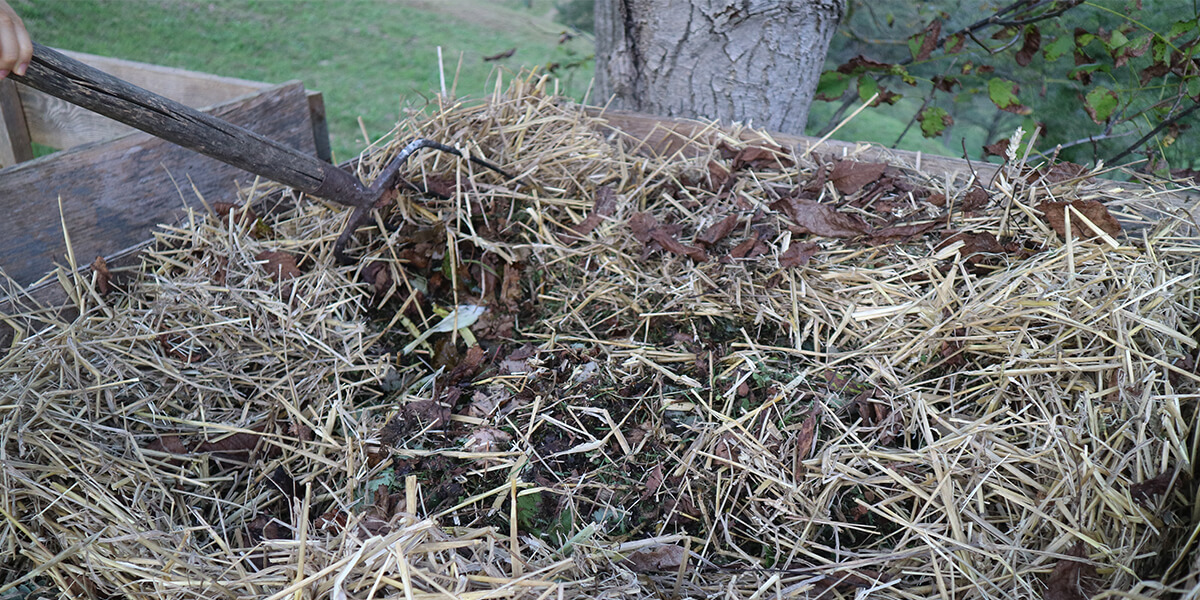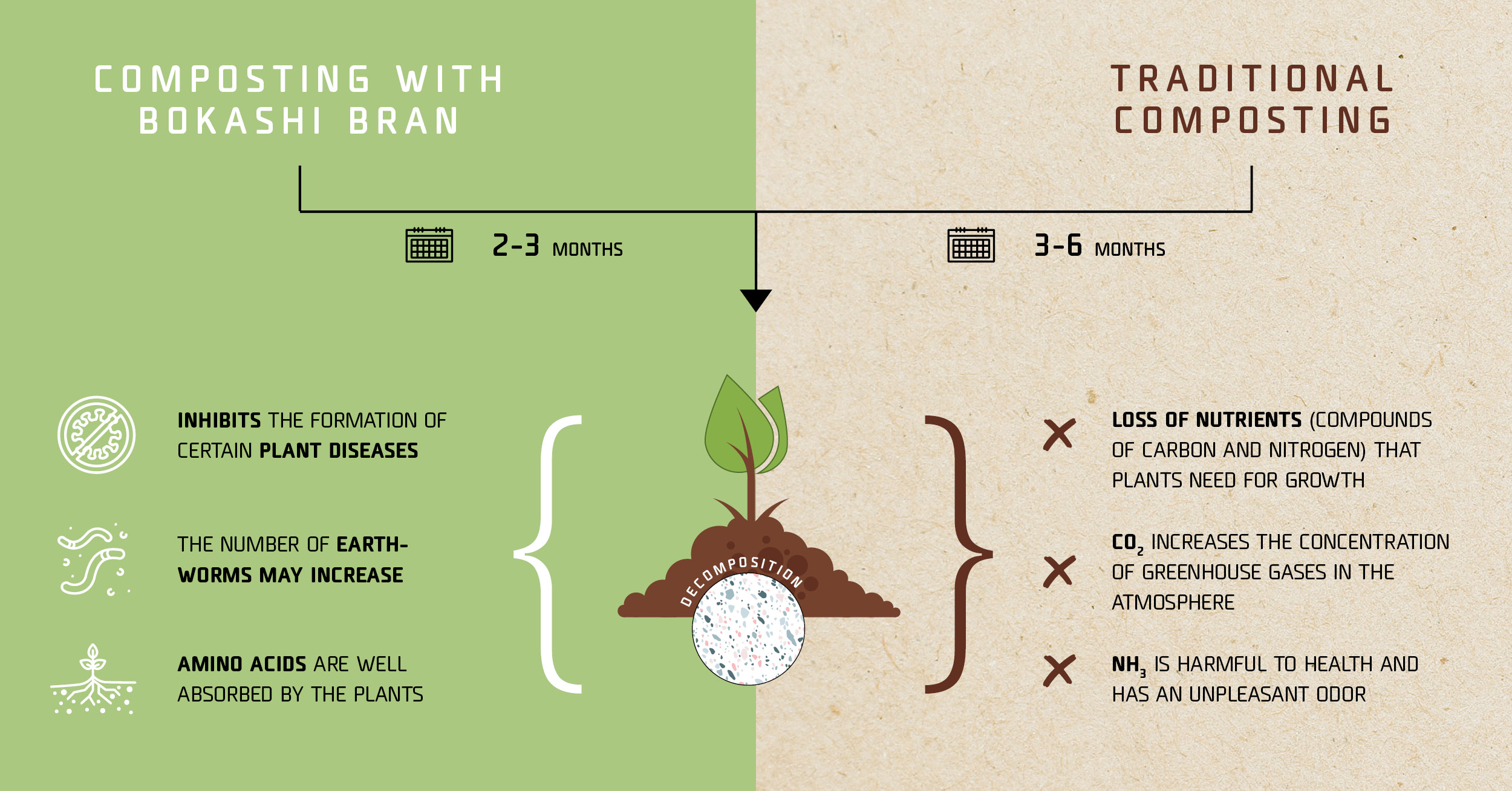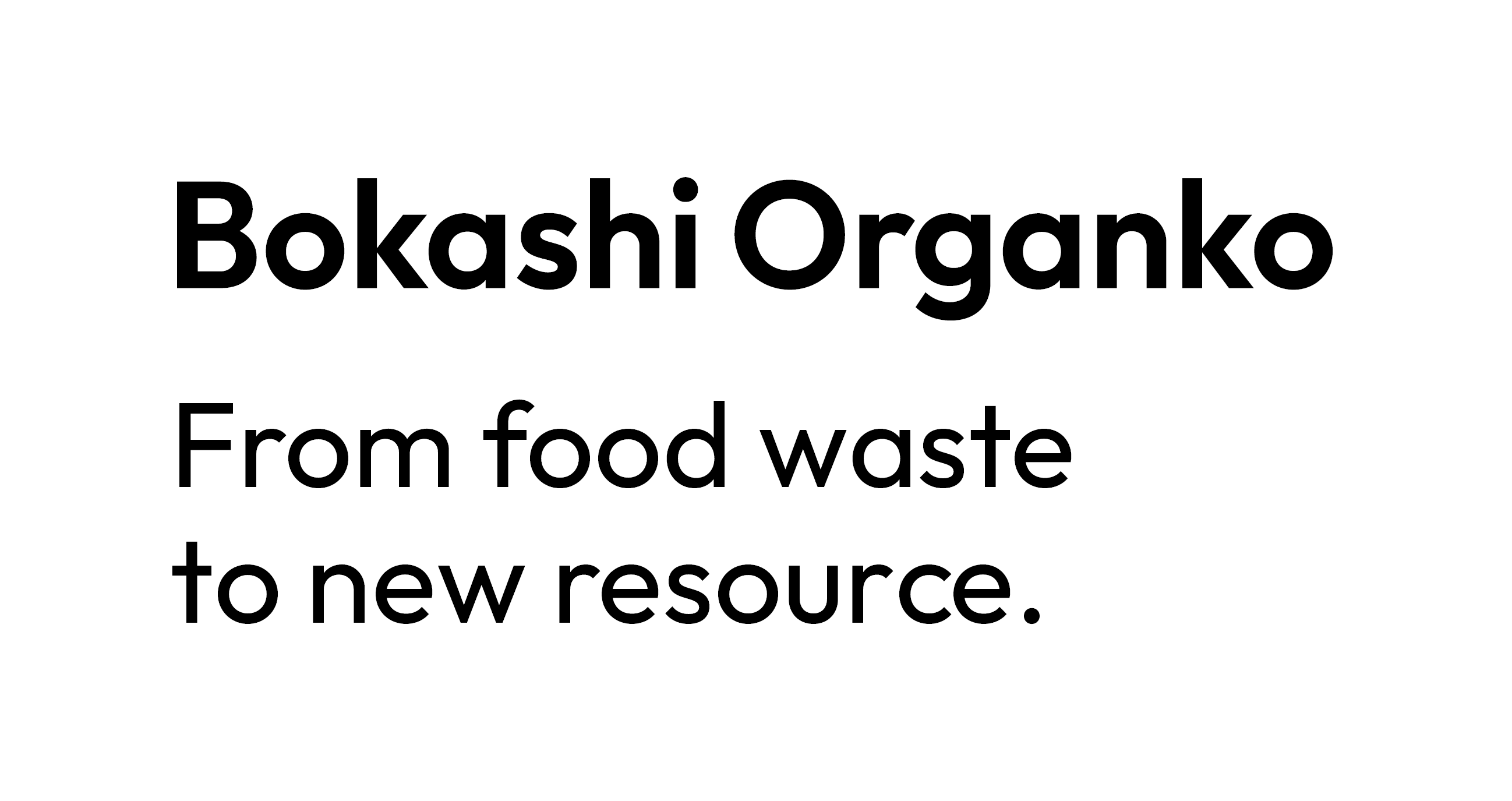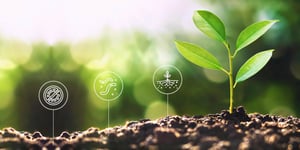Composting with Bokashi Organko and Bokashi bran (a mixture consisting of effective microorganisms) has been very popular recently. Whether you’re still a fan of regular composting, or you’re just wondering what we're talking about, we suggest you read on and learn about the advantages of composting using the Bokashi method and why you should compost in general.
Traditional composting
For ordinary composting in a composter made of wood, plastic or metal, it is necessary to follow the instructions, which depend on the material. Traditional composters require more space and care from the user during the composting process itself, as bio-waste can quickly begin rotting if treated incorrectly.

Composting with the Bokashi method and Bokashi bran
In order to have a good understanding of composting according to the Bokashi method, let us say a few words about the effective microorganisms, the main ingredient of Bokashi Bran. These organic substances prevent rotting during the composting process. The bacteria in the bran produce lactic acid during the process, which lowers the pH and inhibits the growth of some pathogenic microorganisms.
When composting with Bokashi Organko, we can quickly notice the advantages of using effective microorganisms. Thanks to them, the fermentation taking place in the Bokashi Organko composter does not emit an unpleasant smell like with ordinary composting. Furthermore, they also help prevent the organic waste from rotting or attracting insects.

The difference between ordinary composting and Bokashi composting
While composting and decomposition of bio-waste by traditional methods takes 3-6 months, by using Bokashi Organko this processing period is more than halved! The composting process with effective microorganisms takes only 1-2 months.
While composting in the traditional way, the decomposition of bio-waste causes the formation of ammonia (NH3), which is toxic in large quantities to both nature and humans. The gas produced by ordinary composting is also carbon dioxide (CO2), so there is no way we can help reduce the carbon footprint of our environment through traditional methods.
On the other hand, composting with Bokashi Organko and the effective microorganisms is more nature- and environmentally friendly. It prevents the formation of ammonia, and instead produces amino acids, which are directly absorbed by plants. This way, the plants can save on energy and can thus use it for a better quality of the food they produce. After fermentation with Bokashi Bran, the compost produced is also rich in polysaccharides, which play a dual role for plants - they serve as a reserve and supporting substance.
Composting with Bokashi bran helps to inhibit the growth of some bacteria that cause plant diseases, and also increases the number of earthworms, which is only proof of a healthier ecosystem.
By composting with Bokashi Organko and the bran full of effective microorganisms, we not only help promote the growth of healthy plants, but also have a beneficial effect on the environment and nature. With that, we can already make our planet a little better and cleaner.


